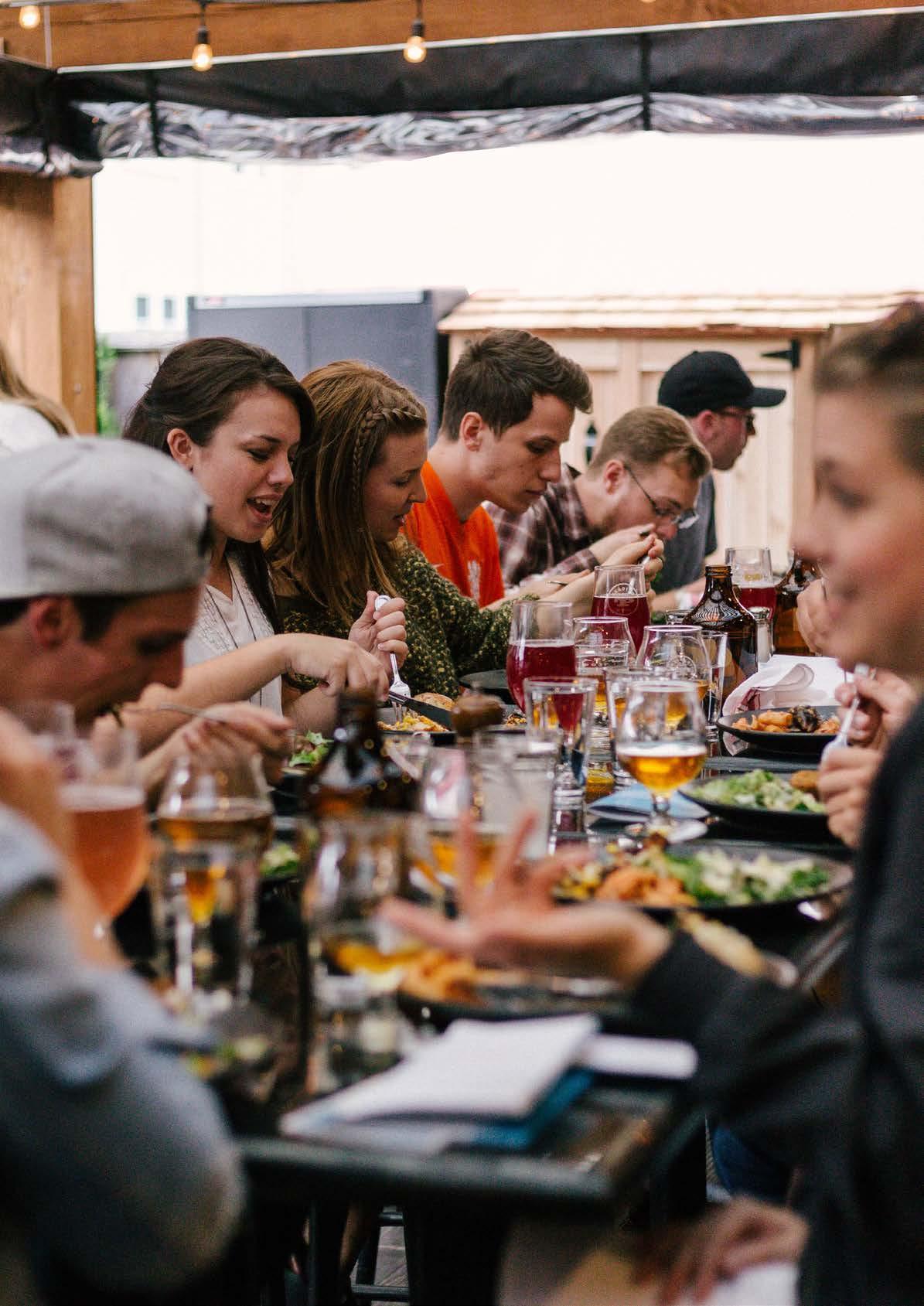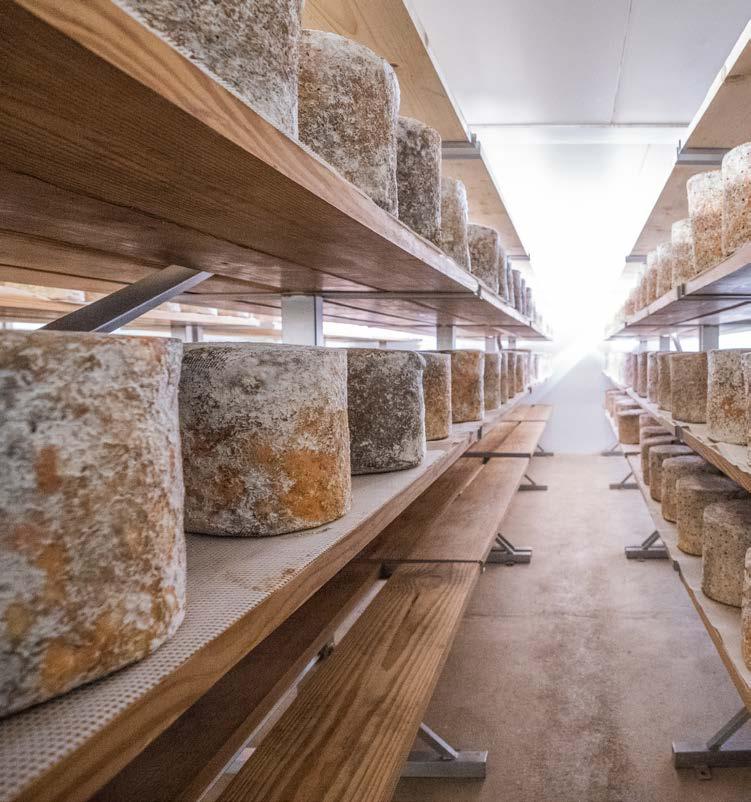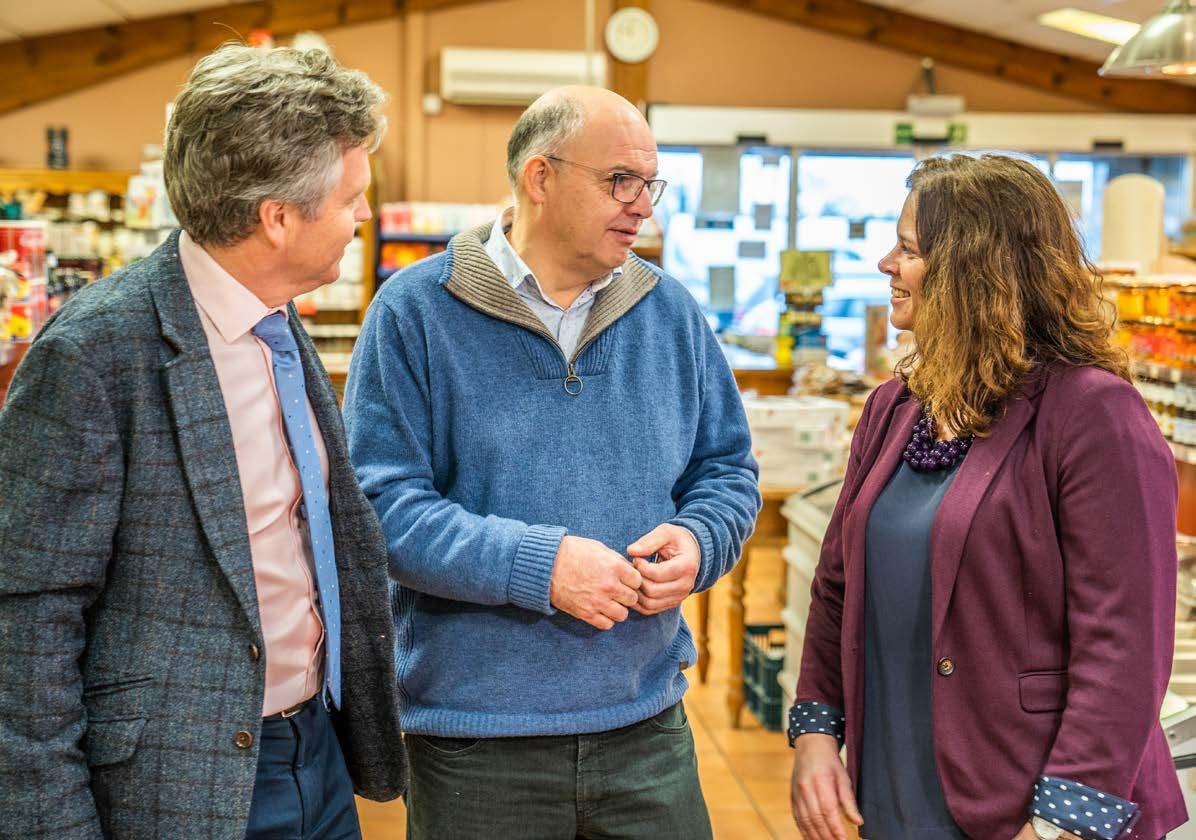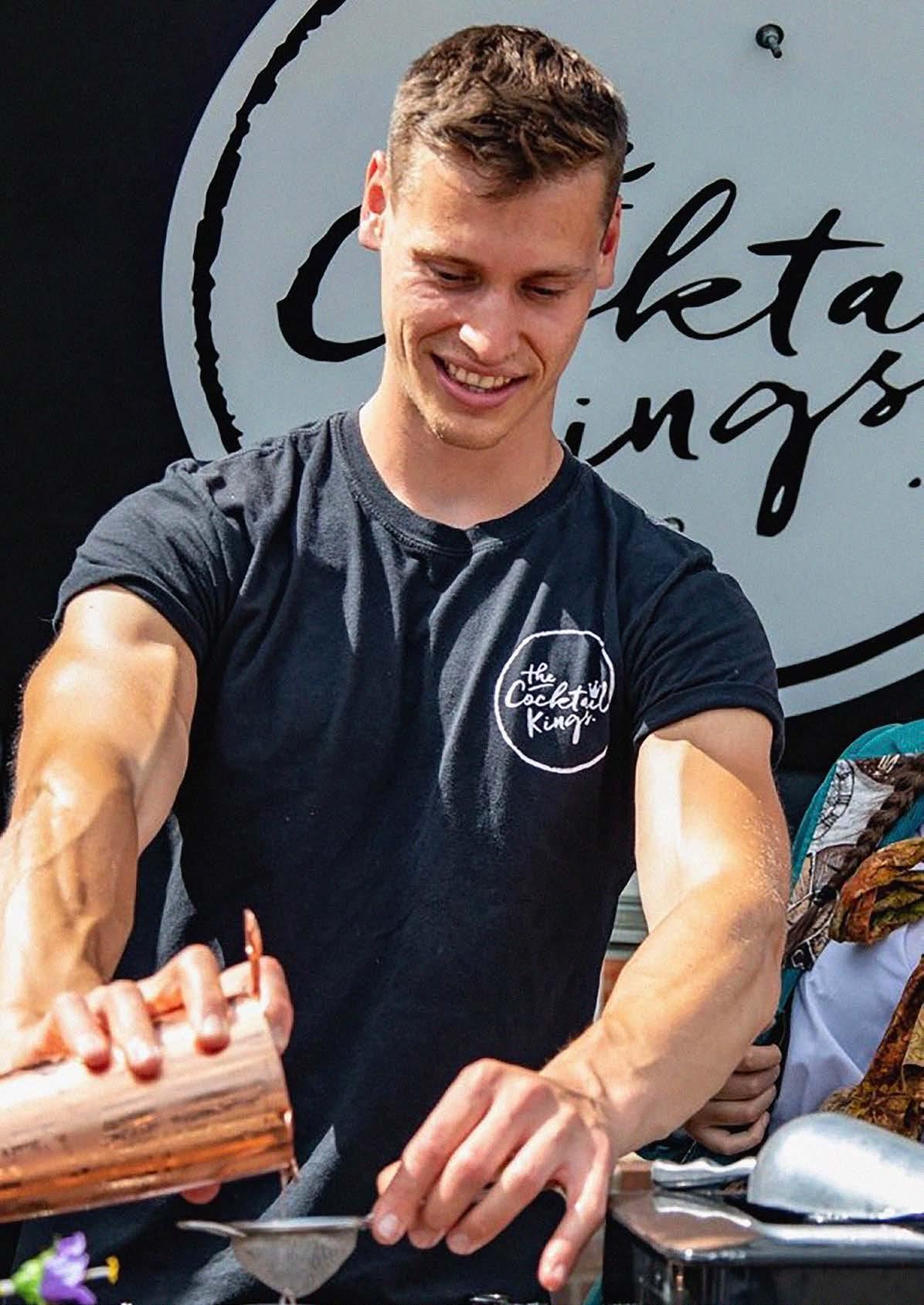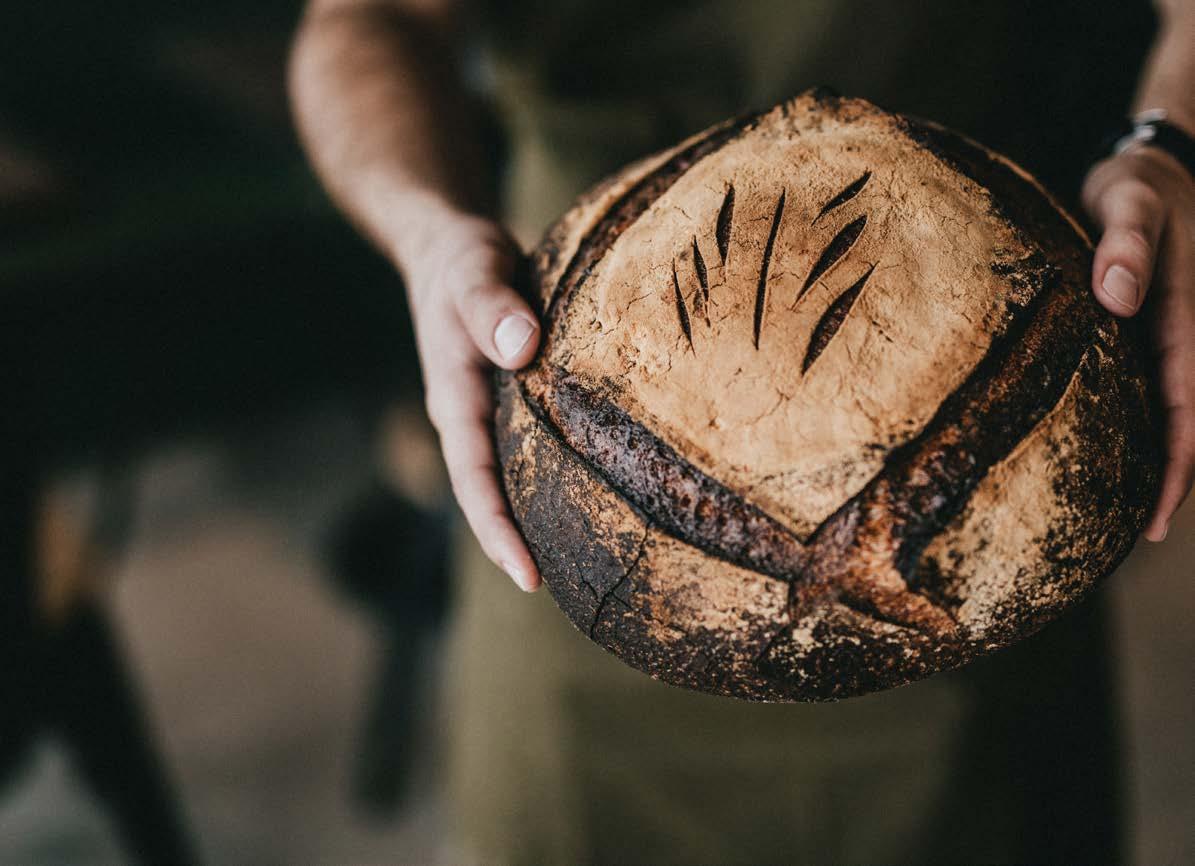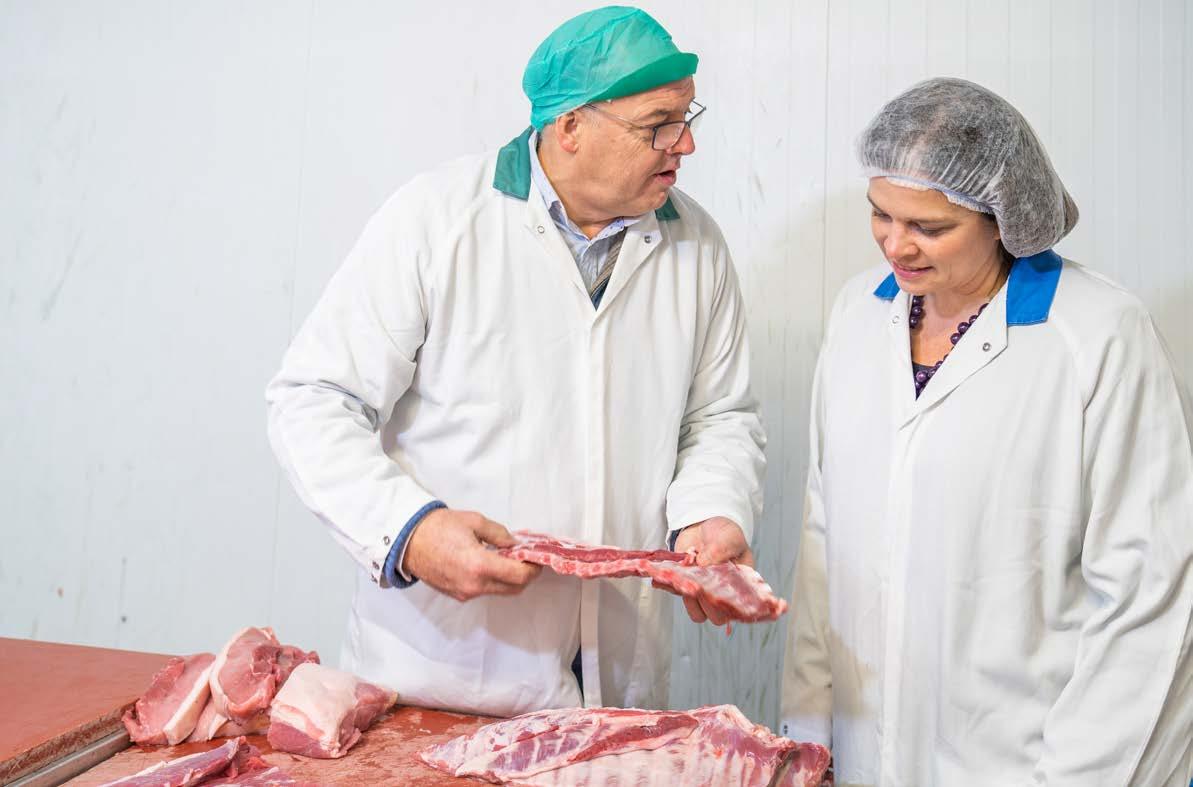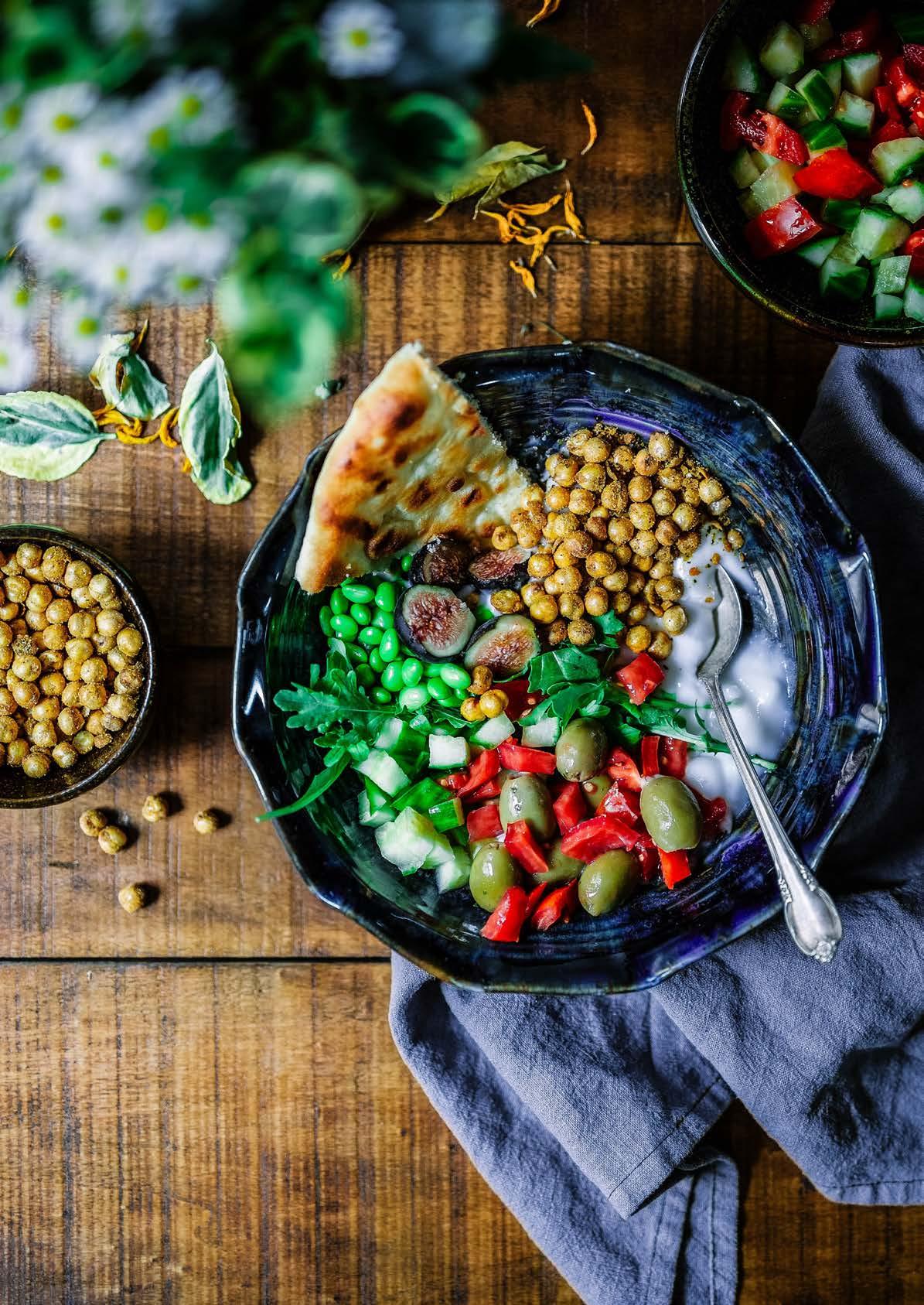Think Tank: The great vegan trend
The great vegan trend I’m not a vegan and I don’t think I could become one. I have done ‘dry January’ before, giving up alcohol for an entire month, so I understand how challenging it can be to give up something you enjoy. However, the amount of people who are becoming vegan is rapidly increasing – and just like ‘dry January’, there are significant numbers joining in the Veganuary trend at the start of each year. Regardless of my own ability to change diet, I think we can and should be learning from this trend. That may sound odd for an accountant who counts dairies, cheese makers, wholesalers, retailers and general purveyors of animal and alcoholrelated products amongst his clients; but there are reasons why it’s a good idea. For example, I’ve heard it said that the overindulgence around Christmas time, balanced with the abstention in January, often creates what would be an ‘average’ intake over the twomonth period. And during the festive season is the only two months of the year that Brits don’t talk about the weather (as much). They talk about food. In the build up to Christmas it’s all about the meat on Christmas day. Is it turkey? Or are you trying beef? Or goose? It’s about the cheese you’ve chosen for Boxing Day, the wine you’ve bought to go with it, the locally distilled gin you’ve just discovered, the craft beer etc. After Christmas it’s the New Year diet – perfectly rational people try to give up the things they enjoy and hold dear to their hearts. The Veganuary movement has sought to capitalise on this by persuading ordinarily meat, dairy and egg-loving members of the
6
public to give it a go. And capitalise on it, they have. People are signing up in their droves, whether that be for a healthier lifestyle, in response to claims that it is better for the environment, or simply because everybody else is doing it. And it continues on through the year, into summer when people are wanting to ‘shape-up’, and adopt a healthier lifestyle. For some that may mean a move to more sustainably farmed produce or less red meat, for others it’s a switch to a completely vegan lifestyle. Either way, consumer buying habits are changing. From a commercial perspective, it really doesn’t matter what drives the adoption of any given trend, it’s about making the most of the opportunity. Sometimes this means changing your perspective. It doesn’t mean giving up on your core values, just working out how you can adapt while staying true to what you’re all about. Gordon Ramsay is a good example; he once stated he was ‘allergic to vegans’, now he’s got a vegan menu at his London restaurant, the Bread Street Kitchen. I don’t know him personally, but I’d venture that his core values are all about producing topquality food and generating a profit – and the cynic in me guesses he’s realised that he can now do the latter with a vegan menu. Ramsay recognises that changing trends should be seen as an opportunity rather than just a threat,
and data collected by consumer research specialists Kantar would seem to back that up. In a report in January 2018 Kantar found that the apparent pressure on meat and poultry farming was being ‘overexaggerated’ by press claims that we are all turning towards plant-based diets. It added: ‘More shoppers are buying into primary meat and poultry compared to last year.’ My personal view is that a heightened focus on what we consume is just what we need. It presents a huge opportunity to educate a wider range of consumers about where their food comes from, how it is manufactured, and the love, care and attention that goes into it. We are seeing an increased focus on reducing waste, packaging and plastics, food miles, and carbon emissions. With the way politics has shaped not only the UK, but also the world in recent years, we can be sure that life is changing. So what better time than now to drive loyal customers for life? Whether collectively, individually or as part of some other kind of ensemble – South West food and drink has an opportunity to seize.
Phil Mills

